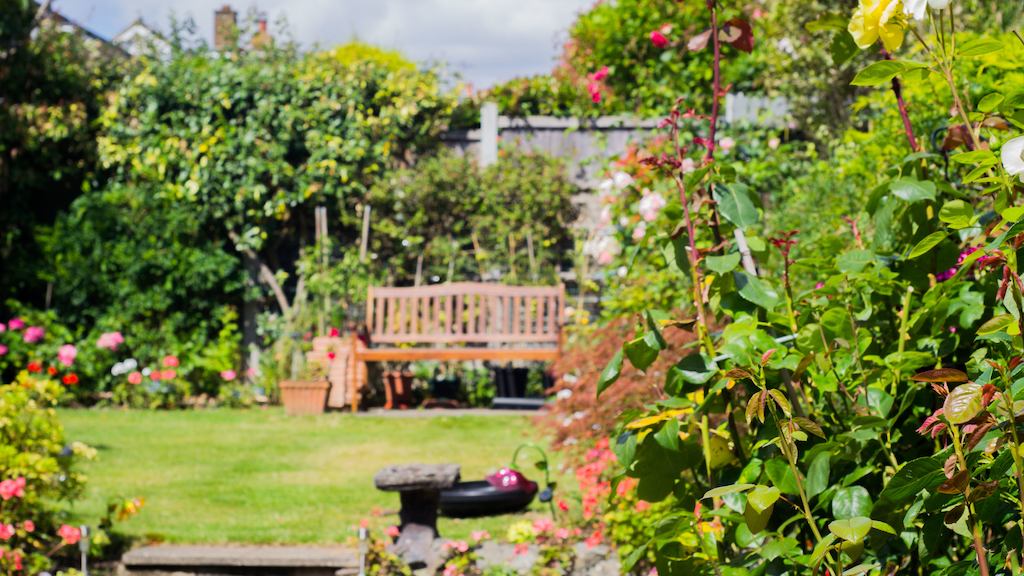My parents were part of the wave of economic migration from South Asia into the UK in the 1960s. They retain many of their cultural practices, including traditional expectations about their ageing. Following the example of generations before them, they had clear expectations about their position within the extended family. Grandfathers retain patriarchal roles whilst grandmothers maintain jurisdiction over domestic matters, family and children. These figurehead positions of authority would provide a firm sense of identity in their later years.
As South Asian custom dictates, extended multi-generational families continue to live together in the UK more than in British-heritage families. However, for those of us who are British-born, the cultural gap amplifies the effect of the generation gap, causing conflict with our parents’ generation. Put simply, it’s difficult to defer to the older generation in the way they once expected. This has the effect of destabilising their roles in family structures. And where does that leave them?
In the West, it has been accepted for some time that retaining a sense of purpose is key to helping people to age well. For many people, this encourages them to look outwards from their families, to seek interaction opportunities outside their homes, pursue hobbies or volunteer in their communities.
In my experience this discourse has not been entered into by Asian families. There is little immediate imperative to widen perspectives and crucially, seeking and retaining independence is culturally undesirable. Adults were motivated to earn money and raise families and then, having achieved these tasks, further ambitions are not set.

